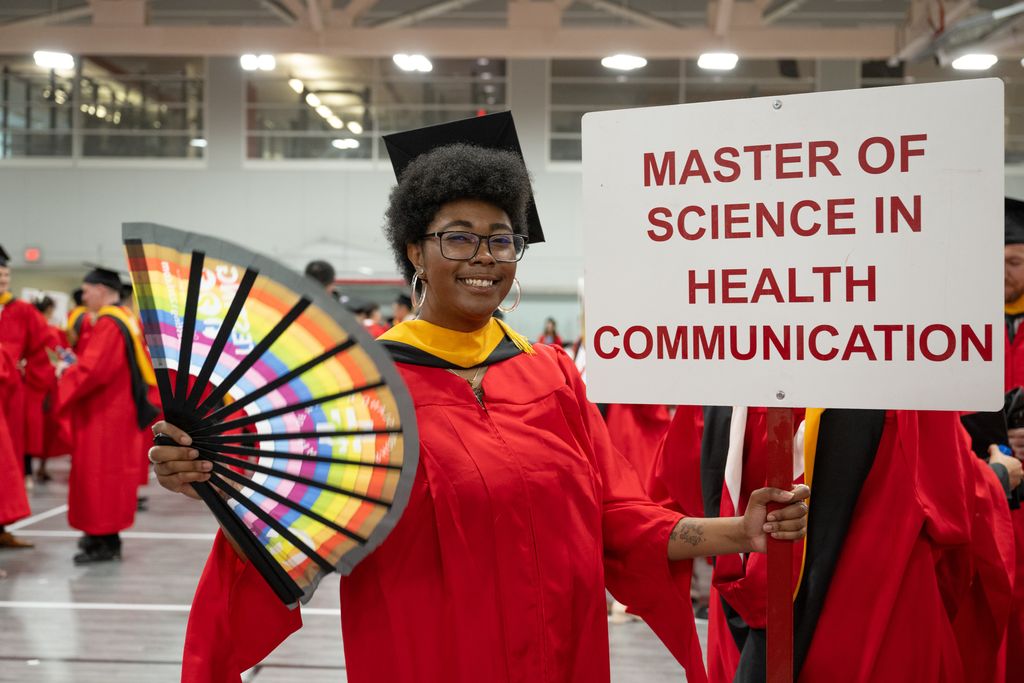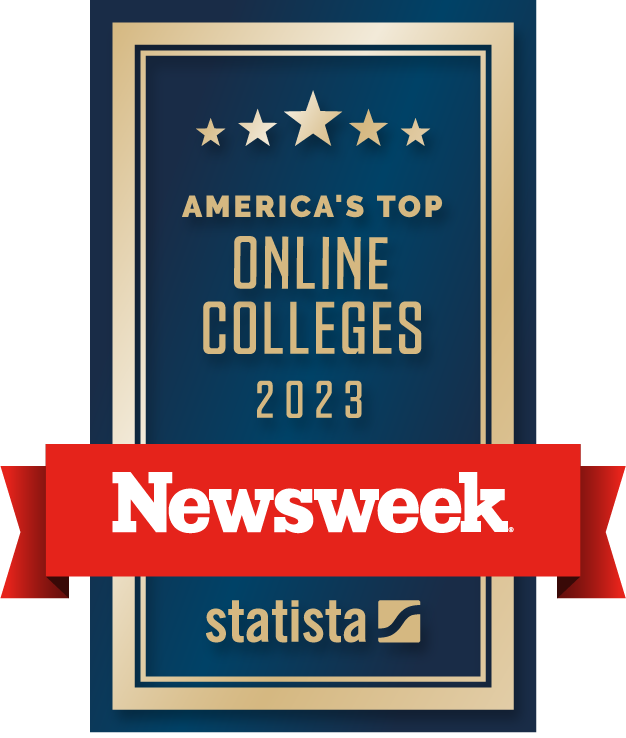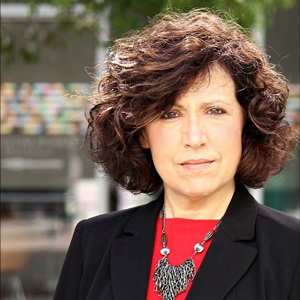Curriculum
Boston University’s online Master of Science in Health Communication consists of eight required online courses (32 credits) and can be completed in as few as 16 months of part-time study.
Core Courses
Concentration Requirements
Admissions
Visit the Metropolitan College Graduate application page to learn more and apply.
Requirements
Visit the BU MET website for Admission Details.
Dates & Deadlines
View BU MET’s academic calendar for online programs, including important dates and deadlines.
Application Requirements
Learn about application requirements for BU MET graduate degree and certificate programs.

How You Benefit from a
Boston University Education
- Benefit from a 15:1 student-to-instructor ratio.
- Work closely with experienced health professionals and faculty experts from across Boston University, including the College of Communication, School of Public Health, and Metropolitan College.
- BU MET’s Health Communication program provides practical, hands-on education that you can apply on the job.
- Study principles of healthcare and communication alongside peers with industry experience, learn from faculty who have valuable contacts in the field, and benefit from an alumni community with strong professional connections.
US citizens and permanent residents are automatically considered for Merit Scholarships during the application process and nominated based on eligibility.

#4
America’s Top Online Colleges
Graduate with Health Communication Concentration in Healthcare Promotion, Media & Marketing Expertise
Students who complete the master’s degree in Health Communication will be able to:
- Employ communication strategy, methods, and technology to communicate information, influence audiences, or affect change on health-related topics and issues.
- Evaluate the value and significance of traditional, social, and digital media practice in the health communication field.
- Demonstrate competence in communicating about healthcare, including how to develop purpose-driven, audience-specific materials.
- Understand and apply ethical and socially responsible health communication practices and strategies that consider privacy, regulatory, and legal issues specific to the healthcare industry.
- Interpret and apply basic communication research fundamentals to the field of health communication.
- Analyze, synthesize, interpret, and present health and scientific information using clear and concise messaging for public, media, and/or stakeholder consumption.
In addition, those who complete the concentration in Healthcare Promotion, Media & Marketing will be able to:
- Create channel-specific health communication plans and search-optimized content designed to support, influence, and engage with diverse stakeholder audiences.
- Understand and demonstrate socially responsible health communication principles and practices as they apply to public relations, digital marketing, and media relations, including privacy, copyright and regulatory considerations, and knowledge of the Code of Ethics as defined by the Public Relations Society of America (PRSA).
- Understand the expanding 24/7 role of media relations professionals within healthcare organizations, including dos and don’ts for developing successful relationships with reporters, message framing and delivery methods, and crisis management strategies.
- Identify the differences, similarities, and tensions among public relations, media, and marketing functions within healthcare organizations, and the importance of unified strategies that align and measure organizational efforts.
Advance Your Career
BU MET’s Master of Science in Health Communication Concentration in Healthcare Promotion, Media & Marketing prepares you for a wealth of different roles in public health communications, patient advocacy, health education, community health organizing, healthcare marketing communications, patient experience, social media communications, healthcare administration, and crisis management among others.
Take Advantage of Career Resources at BU MET
You will find the support you need in reaching your career goals through MET’s Career Development office, which offers a variety of job-hunting resources, including one-on-one career counseling by appointment for online students. You can also take advantage of tools and resources available online through BU’s Center for Career Development.
Recent graduates have found job opportunities and career paths in companies such as:
- Beth Israel Deaconess Medical Center
- Cigna
- Genzyme
- Kaiser Permanente
- Memorial Sloan Kettering Cancer Center
- UnitedHealth Group
- American Red Cross
- Aetna
- Boston Medical Center
- Beth Israel Lahey Health
“I use design skills and principles every single day at work. I recently completed a 60-page Health Equity Research Report using Adobe InDesign. The report is a combination of faculty interviews and summaries of publications and grants. Designing the layout of the report required me to apply lessons I learned during the program, such as color theory, accessible font selection, and the use of appropriate white space. The principles and skills from the program make me a better communicator, which, in turn, generates a greater audience reach for my creations.”
Sara Elizabeth Axelrod (MET’24)
Program Manager, Office of Training and Academic Affairs, Mongan Institute at Massachusetts General Hospital
MS, Health Communication
Health Communication Faculty
Justin Joseph
Program Director, Health Communication
Associate Professor of the Practice, Public Relations, Boston University College of Communication

Felipe Agudelo Acevedo
Lecturer
Associate Director of Diversity and Inclusion, Boston University Chobanian & Avedisian School of Medicine

Alane Bearder
Lecturer and Program Facilitator
Digital Marketing Strategist, Strategic Communications Consultant

Stephanie Burke
Lecturer
Associate Professor, Prince George’s Community College
Paul Buta
Lecturer
Leigh Curtin-Wilding
Lecturer
Anne Danehy
Senior Lecturer, Boston University College of Communication
Donna Duffy
Lecturer
James Gardner
Lecturer
Gabraelle Lane
Lecturer
Stephen Quigley
Academic Advisor
Associate Professor of Public Relations, Boston University College of Communication
Domenic Screnci
Academic Advisor
Lecturer, Boston University College of Communication
Timothy Sullivan
Lecturer and Program Facilitator

